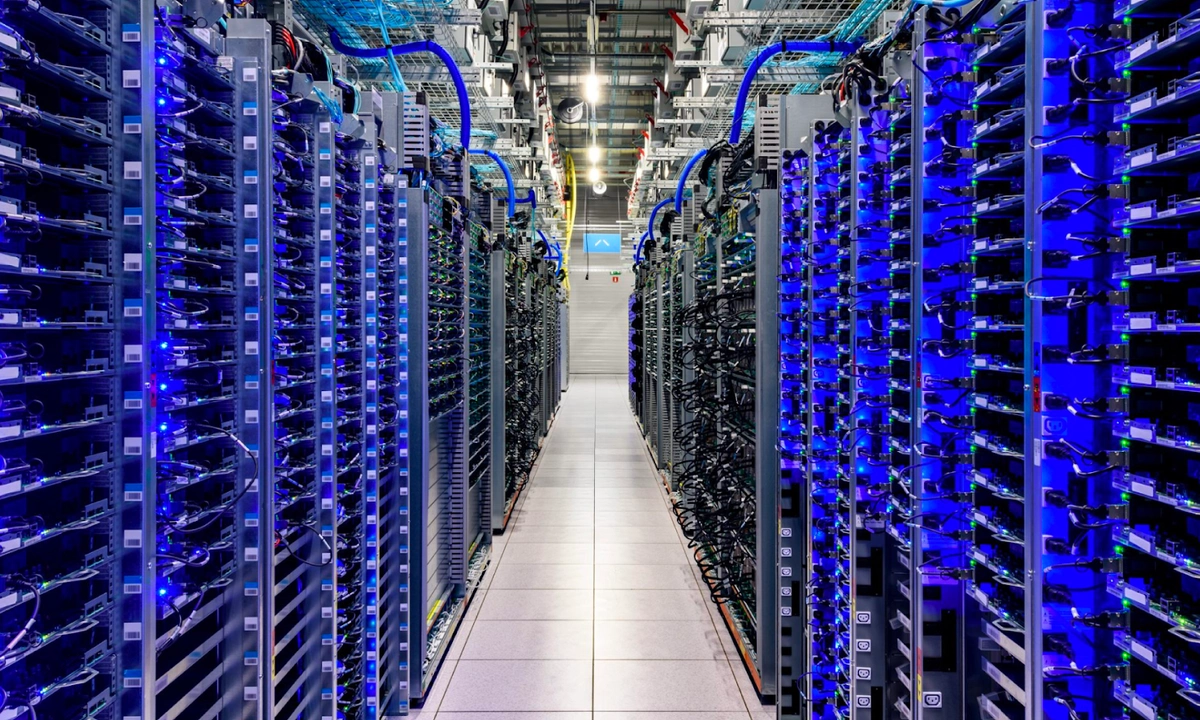When Apple unveiled its new AI application this week, much was said of the tie-up with OpenAI that is expected to place ChatGPT on millions of iPhones – a perch that Google sought to broker for itself. However, for months, both Apple and Google continued to cooperate in the background, with Google allowing Apple to use its data centers to train the iPhone maker’s new AI models.
Apple has relied on Google’s and Amazon’s cloud solutions to store data for its products for years. For instance, when iPhone or Mac owners perform iCloud backups, they are frequently saved on Google’s servers. It is not a deal that either company usually wants to discuss, but it allows Apple to gain direct access to thousands of Google’s machines to implement many of the software features that iPhone users enjoy and depend on.
Apple to access Google’s TPUs for their iPhones
The new was spotted on X social media platform by @WholeMarsBlog , where a screenshot shared and informed about the Google’s TPU for upcoming iPhone. In terms of training the AI models that form the core of the iPhone maker’s new Apple Intelligence, the company requested more TPUs to be dedicated to training. TPUs are processors designed for AI and Google offers this service on its cloud rather than using Nvidia graphics cards. Apple’s request triggered a frenzy within Google in April when Googlers realized there were technical constraints that could have made it almost impossible for them to deliver what Apple required. Internally, it was dubbed an “OMG,” which is Google’s classification for single-incident urgent events below the level of a code red. An actual war room was called within Google, and this is according to one who witnessed it.
The team gave Apple what it needed after several very tiring days, the person said. But it was a frightening moment that could have had disastrous consequences for Apple, the Bigfoot of Google Cloud among its staff.
The partnership makes it clear how much Apple lags in the generative AI race. Almost all of the awe-inspiring capabilities of AI models have to be at least partially processed in huge, power-hungry data centers, which Microsoft, Google, and Amazon have been steadily constructing for years. Therefore, Apple is forced to rely on these rivals as it wades slowly into the AI contest.
The AI wars are compelling tech companies to build these strategic, and often unconventional, partnerships. On Tuesday, Microsoft and Oracle agreed that the latter would provide the former with Oracle cloud servers for processing part of OpenAI’s workloads. Earlier, OpenAI only operated on the server of the company, Microsoft.
However, Apple is presented with a new set of challenges where chips to train artificial intelligence models and cloud computing are valuable commodities that Apple has to rely on partners that are also its rivals.
Google and Apple were also negotiating on how Google’s Gemini AI would be integrated into iOS devices. During the WWDC keynote, Apple executive Craig Federighi made it clear that Apple was open for business regarding AI partners and mentioned Google.
